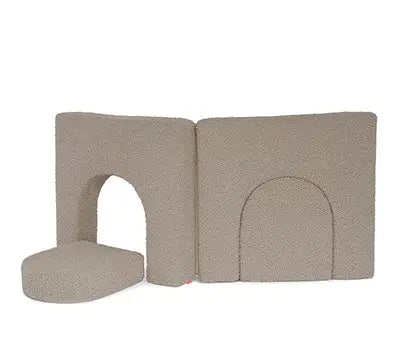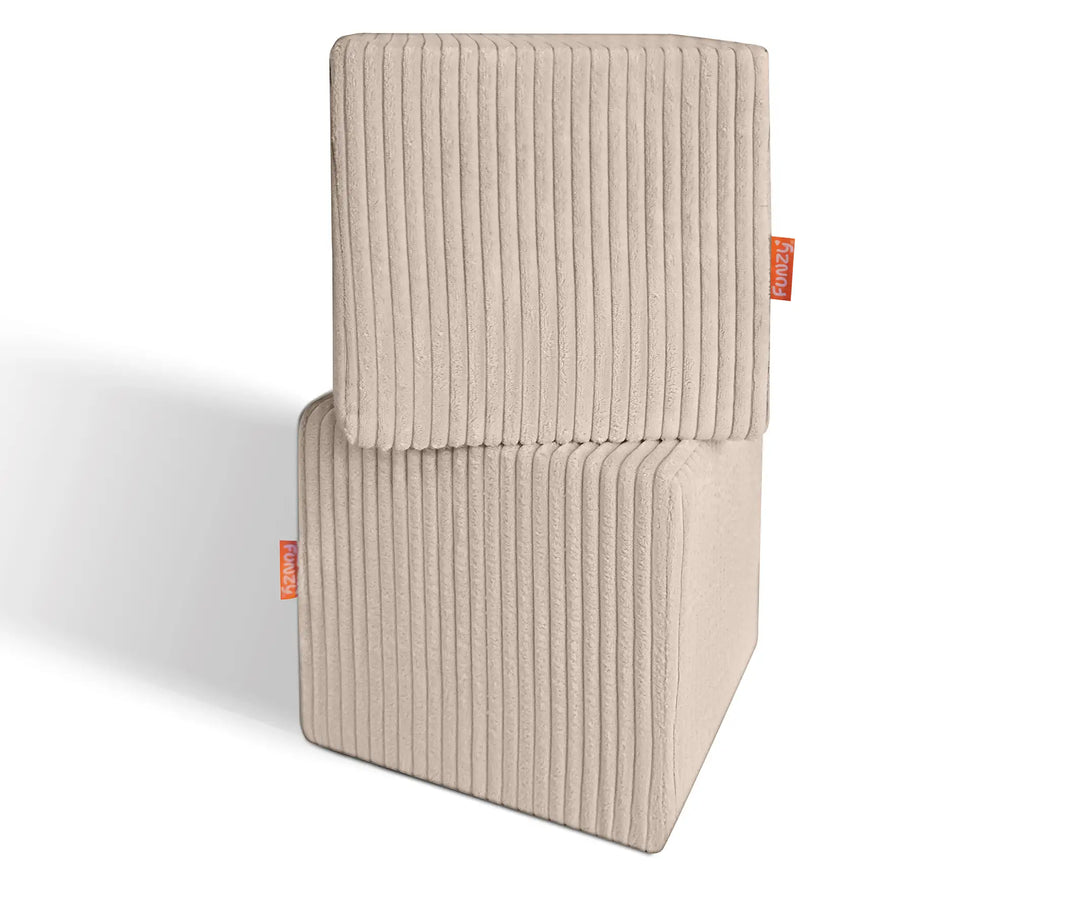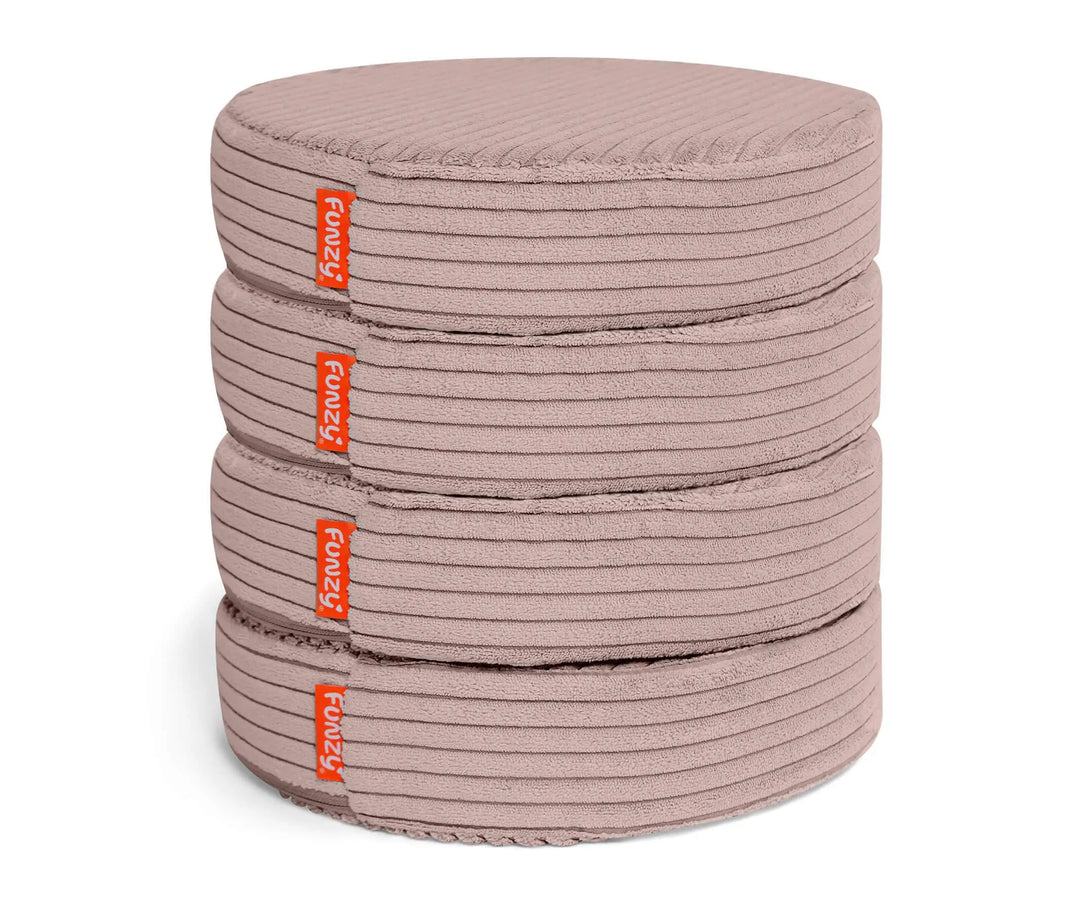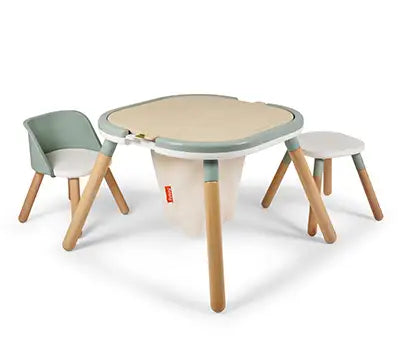developmental learning

Every day is an adventure for our little ones. Children are naturally curious and anything unknown arouses curiosity. They often spend hours creating new worlds in their little heads.
For parents, there is hardly any other measure that is as beneficial to the development of children as giving them enough space to play.
We can also learn a lot from our little ones when it comes to “concentrated work” and “focus”: Children often play with great concentration and full of devotion. They discover the world in a playful way and give it their full attention.
Playing is not only a fun necessity, but also a way to train various skills and abilities.
According to hilfswerk.at, children up to the age of six spend around 15,000 hours playing. That works out to be seven to eight hours a day.
Playing itself is considered to be of crucial importance for the child's personality development. In addition to this, they acquire the basic skills that are formative for their later school and professional career.
Practice makes perfect and those who start early are better off: the repeated doing and the consistency of the game offer the ideal conditions for this. Even building a tower (or even a funzy castle or a funzy monster) trains endurance, motor skills and yes, frustration tolerance when the whole thing suddenly collapses and you have to start all over again.
As in all areas, the everyday life of our little ones thrives on variety. It therefore makes sense to have a sufficient variety of games or games that offer a variety of possibilities (such as the Funzy :) ) at home to enable a multi-layered learning and playing experience.
Studies in the field of play research found that children who played intensively developed stronger competencies in the following behavioral areas than children who did not play much:
- EMOTIONAL: you learn to feel and process feelings and fears, and your resilience and endurance are strengthened.
- SOCIAL: the focus is on intensive friendship cultivation, less prejudice against others, a greater willingness to cooperate and the ability to listen.
- MOTORIC: the eye-hand coordination is trained as well as the gross and fine motor skills and the sense of balance.
- COGNITIVE: Comparatively more logical thinking, a better understanding of colours, numbers and shapes as well as more differentiated language. The game trains memory and concentration and fires the imagination.
Children not only learn easily through play, but through play. They look for and find exactly the stimulation they need for their development in the game.
It is advisable for young and old to explore the world together on journeys of discovery and for the parents to benefit from this experience by playing together. This way of looking at the world through children's eyes is not only incredibly good for the parent-child bond, but also for well-being. A bit of Einstein for everyday life, so to speak: I don't have any particular talent, I'm just passionately curious.






































